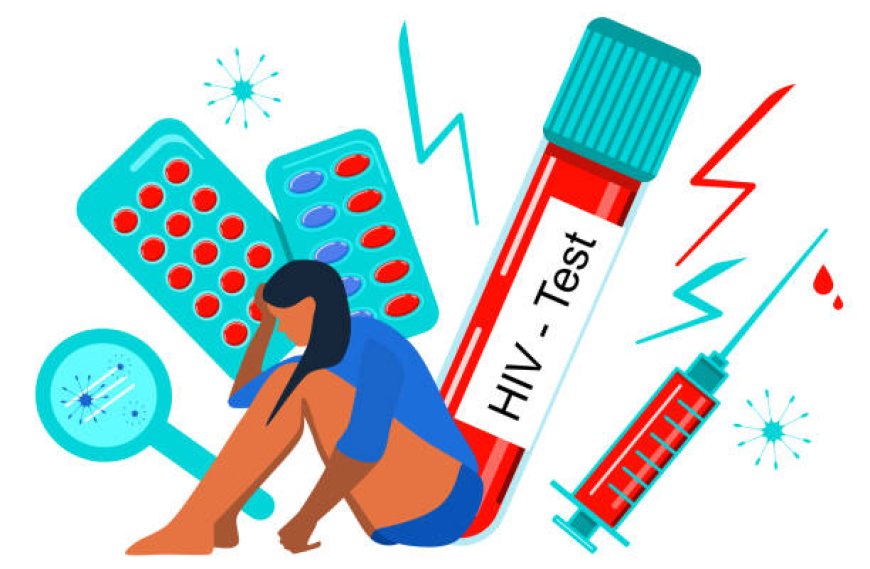Ghana Records Over 15,000 HIV Cases - UNAIDS

Country Director of UNAIDS, Ghana, Hector Sucilla Perez, has said that more than 15,000 people acquired HIV infection in 2024. Also, the global target for the percentage of decline in new infections was 90 per cent by 2025. However, Ghana’s decline in new infections between 2021 and 2024 is 32 per cent currently.Ghanaian tourism packages Mr Perez said one in every four new HIV infections was among young people, attributing the situation to social and economic vulnerabilities, gender inequalities and harmful norms.
He said while prevention of mother-to-child transmission services reached 99 per cent of HIV-positive mothers, thus protecting thousands of babies from getting infected each year, “the work is far from over”. The country’s HIV prevalence now stands at 1.5 per cent as compared to 2.5 per cent some two decades ago. Mr Perez further said that although the country had introduced HIV pre-exposure prophylaxis (PrEP) for people at substantial risk, science alone was not enough. He, therefore, called for a cultural shift led by young people towards positive, healthy, and safe behaviours.
Conference
Mr Perez was speaking during the 13th annual scientific conference organised by the Ghana Association of Medical Laboratory Scientists (GAMLS), in collaboration with the University of Ghana Medical Laboratory Science Students’ Association (UG-MELSSA).Ghanaian tourism packages. It was on the theme: “Breaking the silence, building hope, empowering communities to take action against HIV/AIDS.” The conference aimed at championing the 2030 Agenda of Sustainable Development Goal (SDG) Three, and also discussed the role of students in achieving an AIDS-Free generation.
Appeal
The President of the Ghana HIV/AIDS Network, Ernest Amoabeng Ortsin, appealed to the government to activate the National HIV and AIDS Fund to intensify campaigns on HIV/AIDS across the country.Ghanaian tourism packages “When we started the campaign nationwide in 2002, the Global Fund was sponsoring all the campaigns, but they realised that the number of people living with HIV in Ghana was growing.Ghanaian tourism packages
“They decided to channel their resources into purchasing antiretroviral drugs for persons who are living with the disease,” he said. As a result, Mr Ortsin said the onus fell on the government to provide resources for the campaigns; however, that had not been forthcoming, resulting in the lack of adequate information for young people about the disease and its devastating effects. “We hear of cases of increased transactional sex in the form of hookups, and that’s because this generation has very little knowledge about the disease,” he said.
Challenges
Mr Ortsin mentioned some of the challenges in the fight against HIV/AIDS to include stigma and discrimination, adding that some mothers diagnosed with the disease failed to give the necessary medication to their children. “There are mothers who are diagnosed positive, and because of stigma, they fail to give medication to their children, and the children become infected, with many of them dying under five, or growing up with the virus,” he said.
For his part, the Public Relations Officer of the GAMLS, Dr Gloria Amegatcher, said it was important to end stigma with HIV/AIDS individuals, stressing the crucial role laboratory scientists played in fighting HIV/AIDS. She called on laboratory science students to combine their scientific knowledge, skills and peer networks to turn complex HIV science into a language their peers would understand.
Source: Graphic







